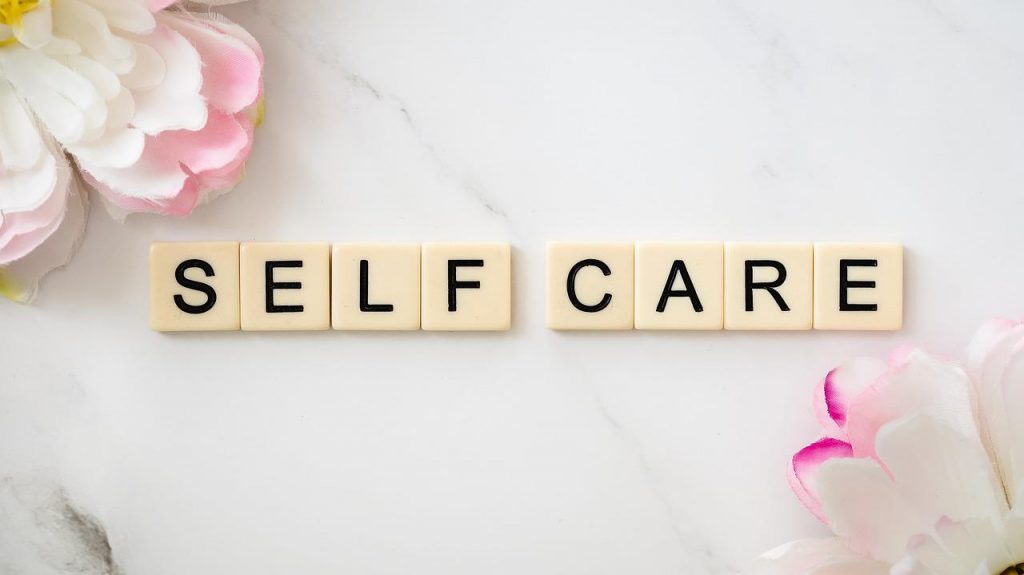What is Self-Care?
It can narrowly be defined as the actions taken when one has an ailment that results in normalcy without the need for a doctor’s appointment. Coughs and colds, headache, joint pain and feeling tired are common complaints for which majority of people practice self-care. In the diagram opposite, people all over the world self-care, either on their own or with help from family and friends. They may go a step further and consult formal, informal or alternative health practitioners to seek resolution of their symptom(s).
For some people, self-care sadly means ignoring a symptom or health problem. In the United Kingdom, one million emergency admissions are thought to be preventable. In 2014, nearly a quarter of all deaths (23 per cent; 116,489 out of 501,424) in England and Wales were from causes considered potentially avoidable through timely and effective healthcare or public health interventions¹
The Self Care Forum² presents self-care as a continuum ranging from pure self-care to pure medical care. Daily choices such as having a bath, brushing one’s teeth, sleeping under a mosquito net in malaria endemic countries, to healthy lifestyle choices (food, alcohol, smoking, exercise, work, sleep, stress); management of minor ailments and long term conditions (e.g. diabetes, asthma) to acute conditions such as pneumonia, appendicitis requiring in-hospital care all the way to conditions requiring compulsory psychiatric care and major trauma where the individual completely depends on professional care.
Why do we need self-care?
The first reason is that demand by far outstrips the capacity to provide health care and is getting worse everywhere. Last Winter was described by the British Red Cross as a humanitarian crisis as demand for health care rose and the system was considered broken after two patients died while waiting on trolleys in a hospital. 57 million GP consultations a year are for minor ailments at a total cost to the UK’s National Health Service of £2 billion, which takes up, on average, an hour a day for every GP.² There is a burden on services and avoidable queues where appointments may not be available to those who need them most.
How to Self-Care
Health literacy and ‘locus of control’³ play a major role in self-care. There are at least ten common conditions for which people visit their doctors which can very easily be managed at home. Read about these conditions, get to know the common symptoms, their natural history and how you can help yourself. It is important to know when to seek help.
People have become impatient when it comes to managing common ailments. Part of this can be blamed on technology. We have drive-through fast food joints, online check-in for flights, online shopping and home delivery and we expect a cold to last for a few days, surely not up to two weeks!
There are several sites that provide excellent information on minor ailments and self-care:
It is worth noting that people who have an internal locus of control (believe that their behaviour is determined by their personal decisions and choices) generally tend to self-care while the opposite group blame fate, luck or external circumstances. Taking responsibility for one’s choices is an important step towards self-care.
When to Self-Care
The following are common ailments. Why not read a fact sheet about one or more of them when next you or a member of your family has a related symptom and start with self-care.
1. Low Back Pain
2. Eczema
3. Heartburn and indigestion
4. Fever in children
5. Constipation
6. Headache and migraine
7. Coughs
8. Acne
9. Sprains and strains
10. Sore throat
11. Otitis media
12. Common cold
You can self-care in the following ways:
- Make healthy choices in looking after your body: routine eye and dental checks, taking up immunisation and screening services such as cervix and breast (women)
- Healthy lifestyle – healthy eating, not smoking, alcohol in moderation or not drinking, regular physical activity, adequate sleep, being happy
- Over-the-Counter medication for minor ailments
- Taking prescribed medicines at the right dose and timing
- People with Long term Conditions (LTCs) managing their conditions e.g. diabetics on insulin self-injecting properly, patients with ulcers dressing their wound, stoma care.
There are ‘red flag symptoms’ which require prompt review by a qualified health professional. We will discuss these in due course.
Last Line
Whether you live in a city with excellent health services or another where health facilities are on their knees, your health is in your hands and you can play a critical role in it through adequate information and self-care.
Doctor Hector
KayHector Consulting Ltd
References
1. http://dev.selfcareforum.org/wp-content/uploads/2016/11/Helping-people-look-after-themselves-a-guide-on-self-care.pdf
2. http://www.selfcareforum.org/
3. http://wilderdom.com/psychology/loc/LocusOfControlWhatIs.html
